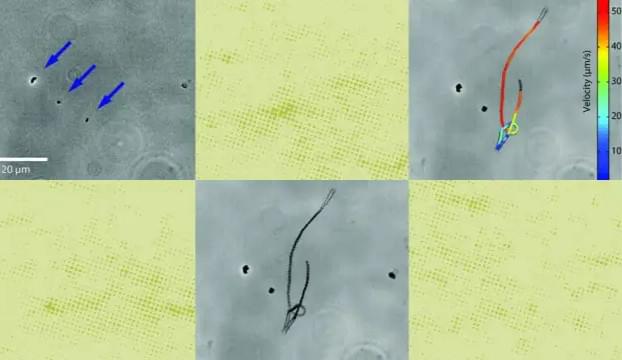In the scientific realism vs instrumentalism debate, realism is the position that the elements of a scientific theory represent reality. So when general relativity talks about space warping, space really is warping. Instrumentalism, or anti-realism, is the stance that scientific theories are just prediction mechanisms, with no guarantee that they represent reality. Under instrumentalism, general relativity accurately predicts our observations as though space were warping, but whether it actually does or not can’t be determined.
Scientists, by and large, tend to be realists. It’s hard to find motivation to do the often boring and sometimes dangerous work involved in gathering scientific data, to dedicate years of your life to it, unless you see yourself in pursuit of truth. But as I noted in our last discussion on this, scientists tend to be realist about some theories and instrumentalist about others (although which is which depends on the scientist).
The argument in favor of instrumentalism is theory change. Many historical theories have been successful at making predictions, but eventually end up being replaced by a better theory, often with a radically different view of reality. The example I usually cite is Ptolemy’s model of the universe. For centuries it more or less accurately predicted naked eye astronomical observations, but we now know its model of a stationary Earth, with everything else in the universe revolving around it, is wrong. It eventually gave way to a Newtonian view of the universe, which in turn later had to give way to an Einsteinian view.






